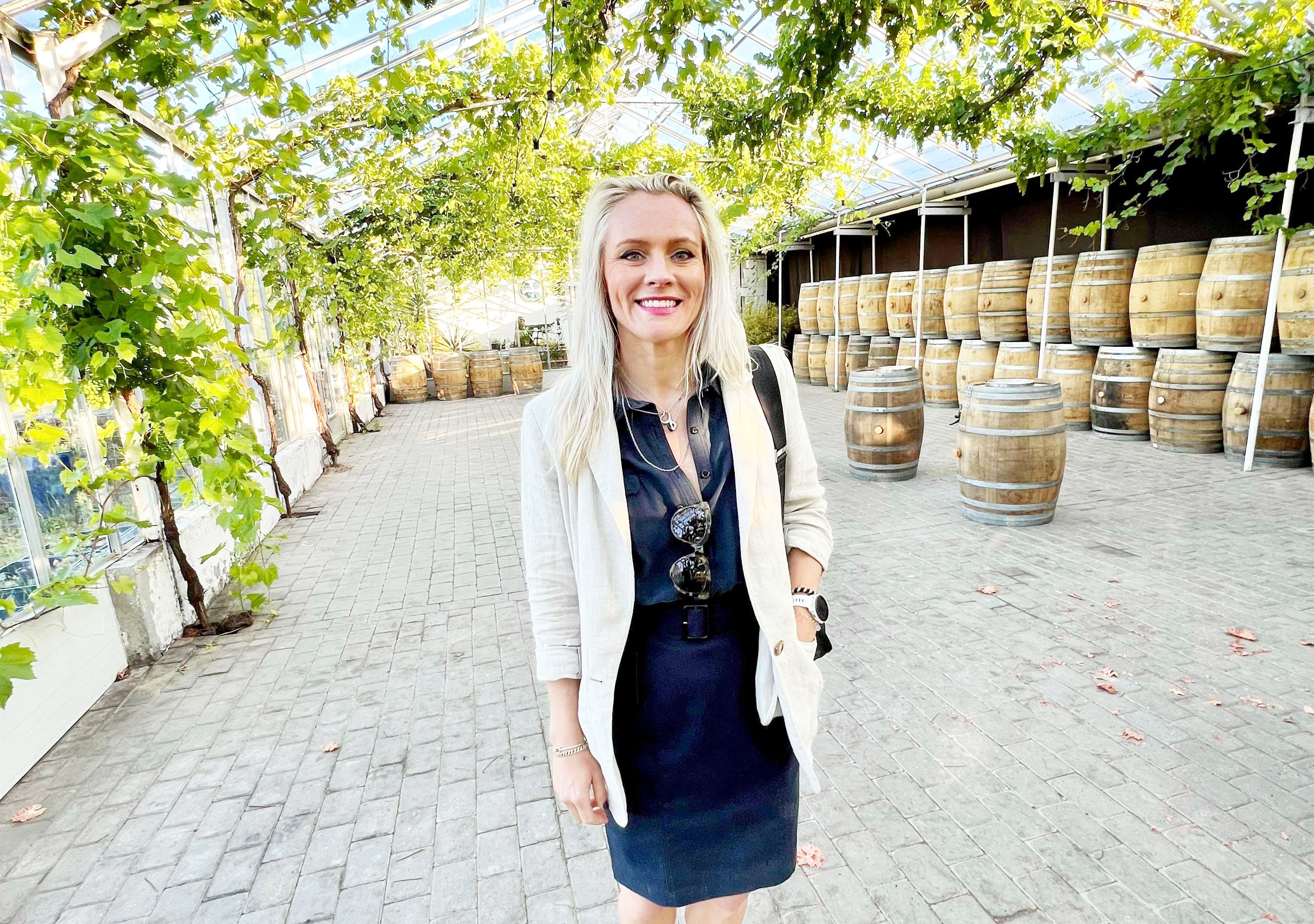It’s been nearly two decades since Chrissy Jackson left the state of Michigan, USA, and hit the ground running in Copenhagen.
And the transition was far from smooth sailing for the woman, who left her cosmetology job in Michigan for a six-month stint to try to improve her non-existent mother tongue. What she encountered likely resonates with many internationals in Denmark.
But learning the language helped the 39-year-old Chrissy Jackson become part of the conversation at her job and led to being invited to work-related social functions – a key step towards forming bonds with her colleagues.
“I know some international people that don’t speak Danish and I can just see it affects them at their work. I don’t think I would have got a job if I hadn’t been able to speak Danish, and being forced to speak it improved my skills. It gave you a different kind of respect for being able to speak the language,” Chrissy Jackson, who now works at the Copenhagen School of Design and Technology (KEA) as an admin worker, told The Copenhagen Post.
“Once I became fluent I met more Danish people because I could then have a conversation with them in their language.
Being able to speak Danish gives you a better understanding of a lot of things going on in the country.”
Free lessons
Earlier this year language centre operator De Danske Sprogcentre in a chronicle in Danish national paper Morgenavisen Jyllands-Posten, recommended abolishing the rule that prohibits internationals from obtaining free lessons once they have been here five years.
A key argument was while the number of foreign nationals working in Denmark has doubled in the past 12 years, only a third end up taking lessons. There are fears that this could lead to foreigners being poorly equipped to take another job should they switch careers.
To Jackson, that makes perfect sense, particularly given that the number of foreign workers has doubled in the past decade or so.
“If you come here on a work contract, you might be thinking that you’ll be here for three years and then leave again. So initially, learning the language might not seem like a priority. But then maybe you end up staying longer, meeting someone, starting a family and suddenly learning Danish becomes relevant,” she says.
READ ALSO: Danish in the workplace: Employers acutely aware of language barriers
Critical aspect
Following her six-month stint trying to learn the language, Chrissy Jackson hadn’t made the progress she had hoped for. So she decided to stay on longer, taking a job as an au pair and doing her best to pick up Danish on the side.
She attended municipal language school four days a week, but it was only after about three years of being in Denmark and having a job which demanded she use it that she really gathered momentum.
“If you’re going to stay here, you need to learn the language, because you get a different respect and the Danes can seem very closed. They have their high school friends or primary school friends (folkeskole) and seem content with that,” she says.
Jackson contends that learning Danish has been a critical aspect of her assimilation in Denmark – and also at work.
Today Chrissy Jackson lauds companies for dedicating resources to help their international workers learn Danish.
But perhaps they should also remind their Danish employees to exercise some patience when their international colleagues are trying to learn their language.
“I think a lot of people give up, knowing that they can just speak English. If Danes at work aren’t trying to understand what you are saying, then who cares! Danes might be under the impression that they are helping people out by switching to English, but they aren’t,” Chrissy Jackson says.
From a work perspective, she argues, learning the language helps internationals become part of the team, take part in social settings and provide insight into the prevailing work culture.
Hard work
But learning Danish is also hard work and Jackson believes that if companies want their employees to learn the language, they should incorporate it into the work day and earmark more resources to assist. It will benefit them too in the long run.
“It’s tough to take the language courses after work because you are tired or have family obligations or whatever, so it would be a massive help for internationals to be given the courses during work hours,” she says.
“Also, it would also help for companies to inform their Danish employees of what is happening, so they get an idea that these internationals are trying to learn the language.”
Jackson maintains that Denmark should make an effort too if they want people to learn their language.
Encouraging and helping people to learn Danish is also a way to include them in society, to help them feel more welcomed – surely a boon given the country’s declared ambition to attract and retain skilled talent from abroad.
“Imagine coming to a country that extends barriers preventing you from learning their language. It doesn’t exactly ooze hospitality and inclusion, does it? If people have to pay to learn Danish and take time out of their busy schedules to do so, it might not make sense to them,” Chrissy Jackson says.














